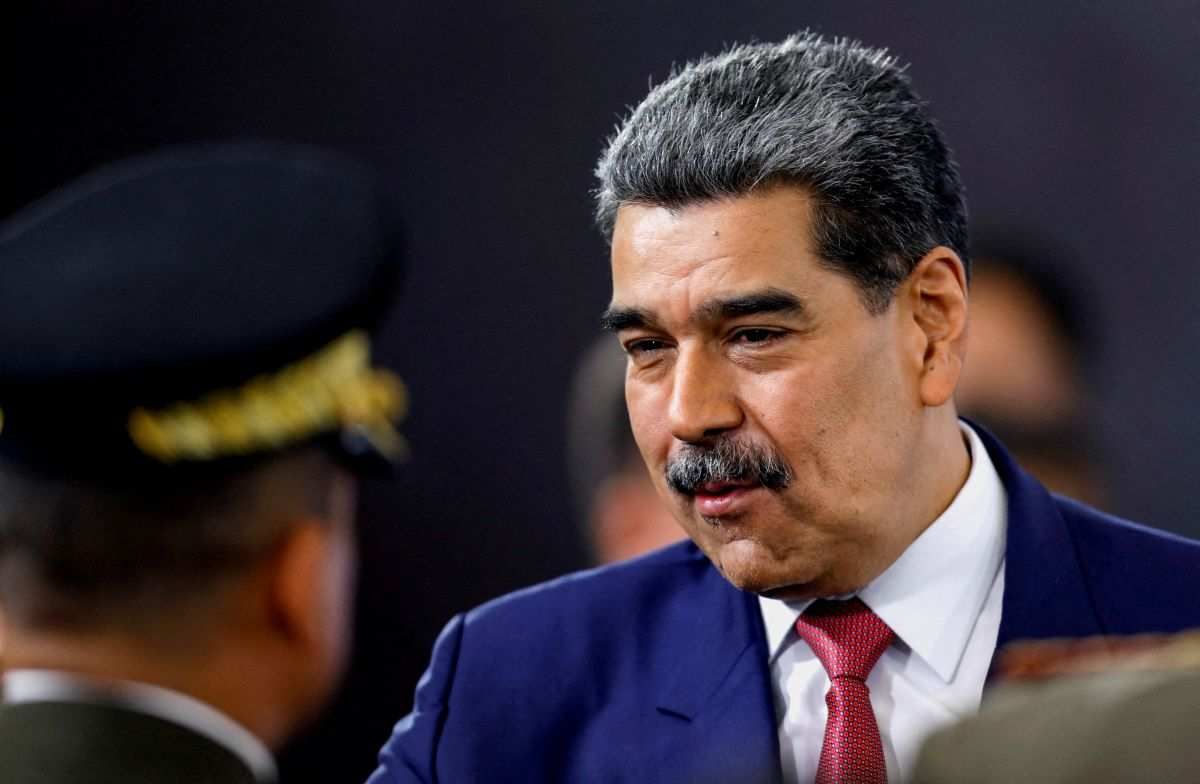Does Trump want regime change in Venezuela?
The 1970s called: US President Donald Trump confirmed a report yesterday that he authorized the Central Intelligence Agency to conduct covert operations in Venezuela, the latest military escalation from the White House against the Latin American nation. The exact nature of the operation is unclear, though Trump said he’s exploring land operations. Venezuelan bonds have jumped amid the escalation. So far, the US military has bombed several ships that have come from Venezuela, killing 27 people, but has yet to hit Venezuela within its borders. The US has been rapidly expanding its military presence in the region, which begs the question of whether Trump actually wants to remove Venezuelan President Nicolas Maduro from office.
Is Russia about to face the squeeze?
Indian oil refiners are reportedly preparing to cut purchases of Russian oil, a move that could have major consequences for the Kremlin’s war effort in Ukraine. Moscow stands to lose a large tranche of export income: Oil comprises the bulk of its exports, and India is the second-largest importer of this fossil fuel behind China. The move comes as the US explores sending tomahawks missiles to Ukraine – Trump is set to meet with Ukrainian President Volodymyr Zelensky in Washington tomorrow to discuss further military support. There is some debate, though, over whether India will actually turn off the taps – Delhi wants to maintain good standing with Moscow, and appeared to deny the report. For more on why India values its relationship with Russia, read here.
Attending a “house church” in China could get you arrested
China has arrested dozens of Christians in its largest crackdown in years. The arrests are believed to target Zion Church’s underground “house church” network, which operate in private homes outside strict Chinese regulations on religious life. Rights groups say this may signal a wider campaign against underground churches as President Xi Jinping tightens control. US officials including Secretary of State Marco Rubio have condemned the arrests, while Zion Church’s leaders say persecution will only strengthen China’s underground faith.
